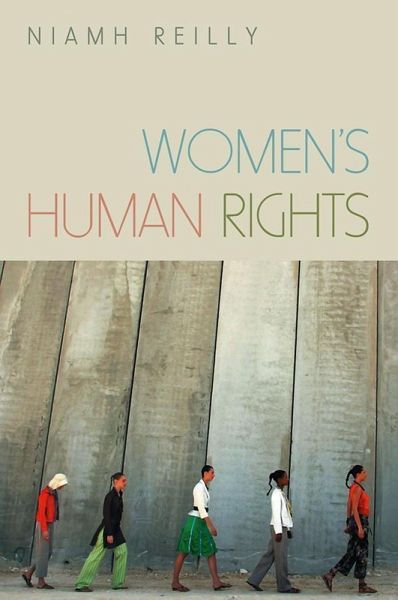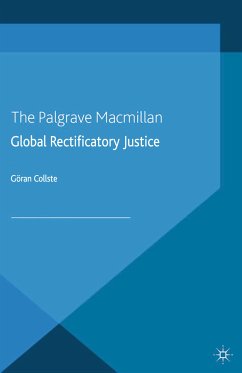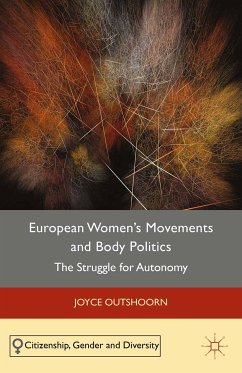
Women's Human Rights (eBook, PDF)

PAYBACK Punkte
0 °P sammeln!
Women's Human Rights: Seeking Gender Justice in a Globalising Age explores the emergence of transnational, UN-oriented, feminist advocacy for womens human rights, especially over the past three decades.It identifies the main feminist influences that have shaped the movement liberal, radical, third world and cosmopolitan and exposes how the Western, legalist, state-centric, and liberal biases of mainstream human rights discourse impede the realisation of human rights in womens lives everywhere. The book traces the evolution of the womens human rights movement through an examination of its key i...
Women's Human Rights: Seeking Gender Justice in a Globalising Age explores the emergence of transnational, UN-oriented, feminist advocacy for womens human rights, especially over the past three decades.
It identifies the main feminist influences that have shaped the movement liberal, radical, third world and cosmopolitan and exposes how the Western, legalist, state-centric, and liberal biases of mainstream human rights discourse impede the realisation of human rights in womens lives everywhere.
The book traces the evolution of the womens human rights movement through an examination of its key issues, debates, and practical interventions in international law and policy arenas. This includes efforts to:
Ultimately, Women's Human Rights reaffirms a commitment to critically reinterpreted universal human rights principles and demonstrates the vital role that bottom-up, transnational movements play in making them a reality in women's lives.
It identifies the main feminist influences that have shaped the movement liberal, radical, third world and cosmopolitan and exposes how the Western, legalist, state-centric, and liberal biases of mainstream human rights discourse impede the realisation of human rights in womens lives everywhere.
The book traces the evolution of the womens human rights movement through an examination of its key issues, debates, and practical interventions in international law and policy arenas. This includes efforts to:
- Develop global gender equality norms via the UN Womens Convention
- Frame violence against women as a human rights issue
- Address gender-based crimes in conflict situations, include women in conflict resolution and post-conflict reconstruction, and challenge new forms of militarism
- Highlight the gendered human rights dimensions of widening inequalities in a context of neo-liberal globalisation
- Develop human rights responses to anti-feminist fundamentalist movements with a focus on reproductive and sexual rights
Ultimately, Women's Human Rights reaffirms a commitment to critically reinterpreted universal human rights principles and demonstrates the vital role that bottom-up, transnational movements play in making them a reality in women's lives.
Dieser Download kann aus rechtlichen Gründen nur mit Rechnungsadresse in D ausgeliefert werden.













